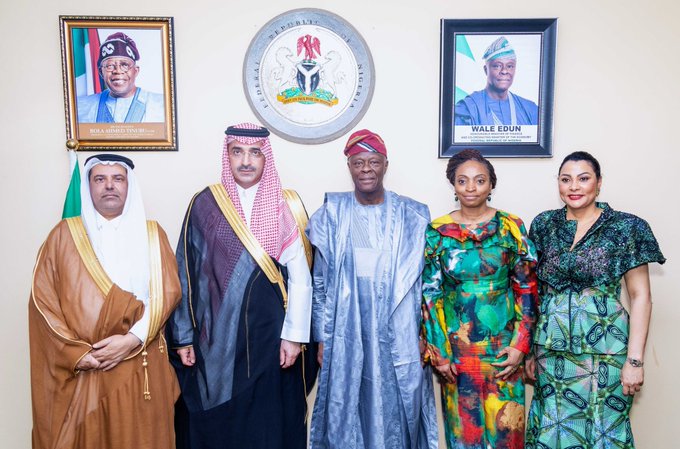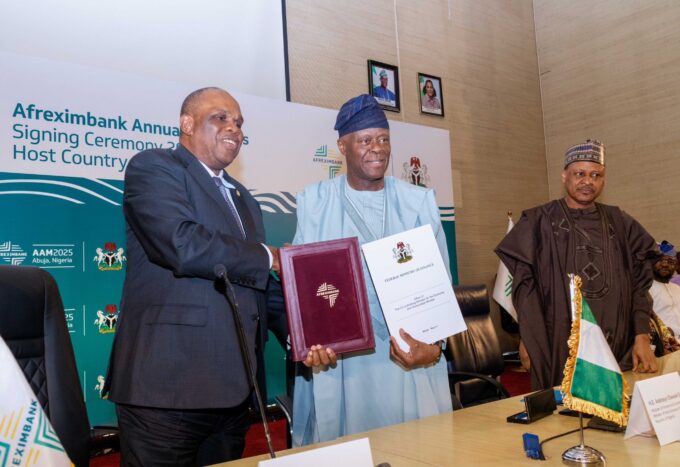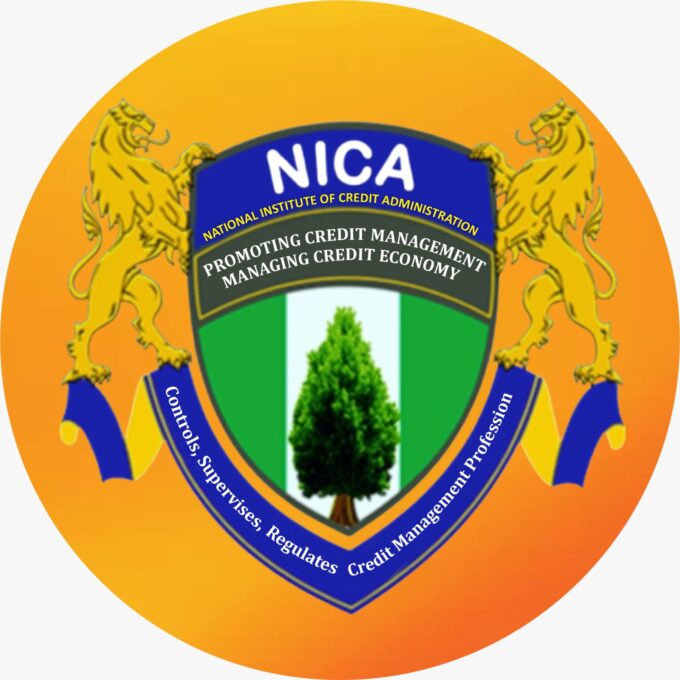The Federal Government says it has earmarked about $7 billion within the last seven years in its efforts to pull 100 million Nigerians out of poverty through its National Social Investment Programme in the country.
The Minister of Humanitarian Affairs, Disaster Management and Social Development, Sadiyya Farouq, stated this in a keynote address during the flag-off of the N-Skills, Pilot 2, which held on Tuesday at the Professor Iya Abubakar Resource Center, Bauchi.
She said that the President, Major General Muhammadu Buhari (retd.), since assuming office in 2015, had given great priority to addressing the plights of the poor and vulnerable people across the country.
According to her, the N-Ship had become one of the largest social protection programmes in the African continent with $1 billion budgeted annually.
“Since the inception of President Muhammadu Buhari’s administration in 2015, the Federal Government has paid more attention to promoting the plight of the poor and vulnerable in the country despite the economic slump the administration inherited.
“This informed the decision to initiate the National Social Investment Programme (NSIP) as a strategy for enhancing social inclusion. NSIP is one of the largest social protection programmes in Africa with about $1billion earmarked annually to cause positive change in the lives of the poorest and most vulnerable in the country.
“Since its introduction in 2016, the programme has impacted positively on the lives of the poor and vulnerable in Nigeria. I have personally witnessed the life-changing experiences of people who lived below the poverty line and those that are vulnerable to shocks,” she said.
Farouq said that in furtherance to Buhari’s approval for the restructuring of NSIP, and in line with the National Poverty Reduction with Growth Strategy, the Ministry instituted processes to revamp and expand the NSIP and to make it more impactful on the economy and citizens.
She noted that this led to the introduction of the N-Skills programme, which was based on a certification system and accreditation of training provided through the informal Apprenticeship System anchored by Master Craft Persons, and through the formal training system using the Community Skills Development Centres.
According to her, the programme targeted the marginalised and disadvantaged population, including those with primary education as well as those not in any Education, Employment or Training.
She stressed that it aimed to improve the quality and relevance of skills delivered using a nationally standardised certification system on one hand, and to ease the transition of target beneficiaries to full-time skilled employment or self-employment, on the other hand, to help in bridging the gap in demand for standard and market-relevant skills.
source Punch














